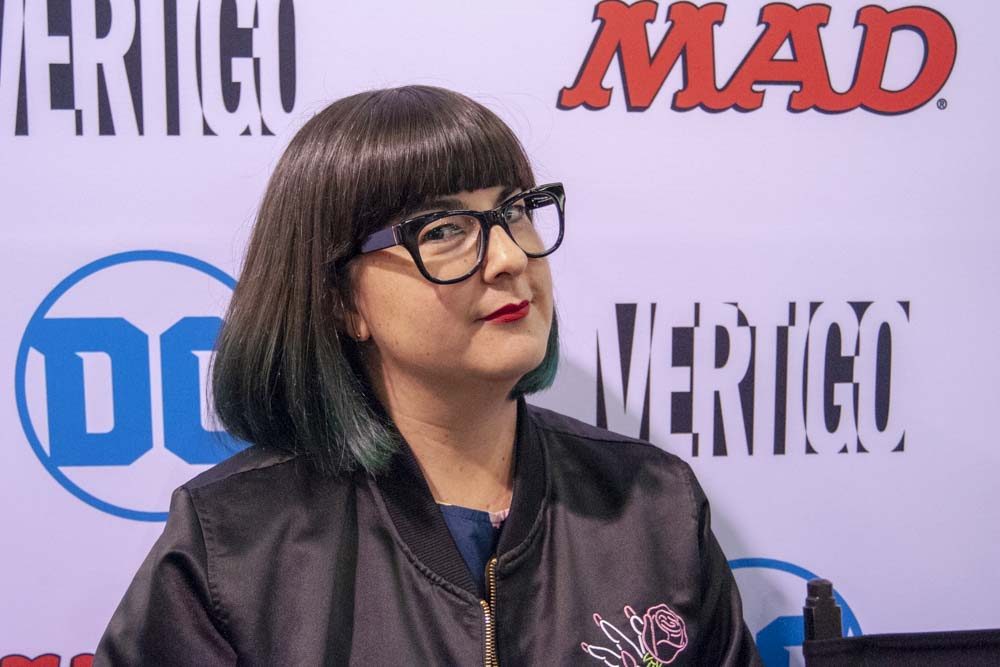
The character of Kara Danvers, aka Supergirl, saw a retelling of her origin story in the 2016-2017 Supergirl: Being Super. Written by YA author Mariko Tamaki, the story sets Kara in a small, urban town in America where the 16-year-old girl must discover her ever developing powers and deal with the struggles of adolescence. On today’s new comic books day, the four-issue miniseries has been re-released as a two-hundred and eight-page graphic novel.
Earlier this year at WonderCon, The Beat was fortunate enough to share a few words with Mariko and her work on Supergirl: Being Super.
–
For “Supergirl: Being Super,” obviously it is story about an adolescent girl growing into this whole idea that she is “super.” Where were you coming from when writing this?
I sort of pitched it as an alien adolescence. I said, “Look, when you’re a teenager, you start off as one thing; in an ideal world, you’re this innocent person who has no responsibilities. Everything is fine. Then one day, all this stuff starts happening to your body, and you’re changing, and it’s scary. So, what is that like for an alien? For somebody who doesn’t have earthling physiology, could she potentially have this thing that would make her change and would then feel akin to adolescence?
How come you decided to have her backstory be in a rural setting similar to Superman’s?
I just really love that setting. I also thought that her being away from other people and kind of secluded would give her this bubbly life and I love that. She has no real needs, there’s not crazy, dangerous things happening all the time, so she’s just living life. She’s on the track and field team, and she has no real responsibilities other than going to school and being a good friend. The idea that there would be something to kind of take the ground right out from under her is really visceral. I’m also like a huge Friday Nights fan. [laughs] Which is also why I like this idea that everybody knows everybody, but nobody really knows who she is which kind of a nice thing too; like a secret in plain sight.
Do you think this really helped her in discovering her abilities, knowing that she has a safe place to develop them, or I suppose hide with them?
She lives in this house with her parents on a farm. She can kind of run around really fast, lift up tractors, and keep it an unknown. Nobody can see her. She’s really able to hide what she is, because ultimately there’s really this distance between her and everybody else, and I like the idea that she has this place to do that. And from there, it creates this place that says, “Well why tell anybody? You don’t really need to tell anybody. Nothing’s happening. I can still be myself in this really quiet way.” Something would have to happen for her to change that perspective.
There were a few events in the story that did cause her to change her perspective and force her to really confront the fact that she is special. Without spoiling some major storylines, one was basically a tragedy happening at her high school. How was it to write that and how do you think it ultimately affected her thoughts on trying to hide what she is?
I wanted it to be something really consequential that would show that tragedy is something that happens to teenagers, because I think tragedy is something that happens to teenagers. Obviously. And, I wanted it to be an incredibly sad thing, a really-personal stake that she has in being a superhero. That idea is like the classic superhero story. You lose somebody important to you and you don’t have the ability to save them, so then you make sure that it never happens again.
Because the unfortunate things that we are seeing happening on school campuses, I think this story has an even more charged impact on readers. What are your thoughts on that?
I obviously wrote this a long time ago, but I wanted it to be something that you could read and be in that place where you could really have something that acknowledges pain; to acknowledge pain and loss, but also to see someone who is empowered to stand up for themselves and for the people that they love. And I didn’t want it to be something small that would have [Supergirl] saying, “You know what, I just lost my cat (not that losing your cat isn’t tragic) and now I’m going to go save the world.” I wanted it to be something that would make even a superhero feel small in the face of tragedy, but still have that place where you could turn around and make a change.
It’s a good thing you added that part about cats, because I instantly began to think I should put in the title, “She doesn’t think cats dying is a tragedy!” How good clickbait that would be.
No! No, no no. I’ve lost two cats and it’s a tragedy, for sure.
Changing to something a little more lighthearted now, how do you think Kara would be raised in an urban setting instead?
I think she would be more aware of different people around her. She has Dolly in her life and Dolly is obviously someone who is the “stand-up” person. So, she [Kara] has this person in her life who is like, “We all don’t have to be the same;” she has that influence in her life. But, I think when you’re in an urban setting, there’s just more coming at you all the time. There’s more diversity around you, hypothetically. For example, the town that we constructed for her to live in is a pretty chill, quiet place. I think even in terms of crime, she would have more opportunities to do things.
You’re known for doing these sort of writings that involve themes of adolescent growth and reflection. How was it to do something like that, but with a superhero?
To me, a “superhero” is just a figure. You just have more stuff to play with, and I love the stuff that you get to play with. It was super-fun talking with my editors, where they would be like, “You know, she has the power of like blowing ice,” and I was like “NOOOO!” And then they were like, “How did you not know this?” And I responded, “I must have forgotten!” Adding that kind of stuff into [the story] just makes it bigger. It’s a chance to be larger than life while still keeping stuff to relate to people.
How much leeway did they give you with the story?
Paul Kaminski and Andrew Marino were my editors, and they were basically like my references. I would constantly ask them for help on stuff. “Explain to me why this can’t happen?” They would be then like, “Okay. So, this is how that power works.” [laughs] Also, we always wanted it to make sense. We didn’t want people to be reading and say, “That’s not Supergirl.” So, we wanted to make sure that that was the character. We were obviously changing parts of her origin story, but we wanted to make sure that the character was still the same. And I’m a fan of the comics, so I didn’t want to be like, “Forget that.” So, when it came to the story, I was given an immense amount of leeway.
Actually, it’s really funny because I was given some great guidance, but I would sometimes be like, “No, no. You guys are wrong. I know what I’m doing. I write girl comics all the time.” Like, originally I wanted her to have three friends because I wanted it to be a relay team. They said to me, “That’s a lot.” Then I said, “You don’t know what you’re talking about.” Then after that, I would think about it and realize they were right, so I called them back and was like, “Never mind. You were right. You guys are smart.”
What kind of feedback have you received from female readers?
I’ve gotten really great feedback from everybody, actually. It’s been really cool. There’s been people who’ve said that it’s not their cup of tea and I’m totally okay with that. But, people that love it just have really gotten into the story and really enjoyed the whole experience of it, from what I’ve been told.
At this point, was there anything that you’ve looked back on and told yourself, “Dang it! I’ve should have done this instead?”
I don’t know… I don’t think that there’s anything about it I would change. I would love to keep writing it, in fact. So, I told DC that like, “I know the next four-issues.” So yeah. That’s my obsession. What I have in mind is one of my most favorite ideas and I hope I get to do it.
Let’s end on a silly question, because that’s me. I think I’ve asked you this before in a past interview, but I want to see if it’s changed. If you could be a cat, what kind would you be?
I want to be that cat that’s in my YouTube video feed right now. The one that’s watching a horror movie and we get to see its reaction. That’s my favorite cat video of all time now, because that cat’s pupils are just dynamic! It’s so amazing. I’ve watched it so many times.
–
Check out Supergirl: Being Super, on sale today in graphic novel form for $16.99.


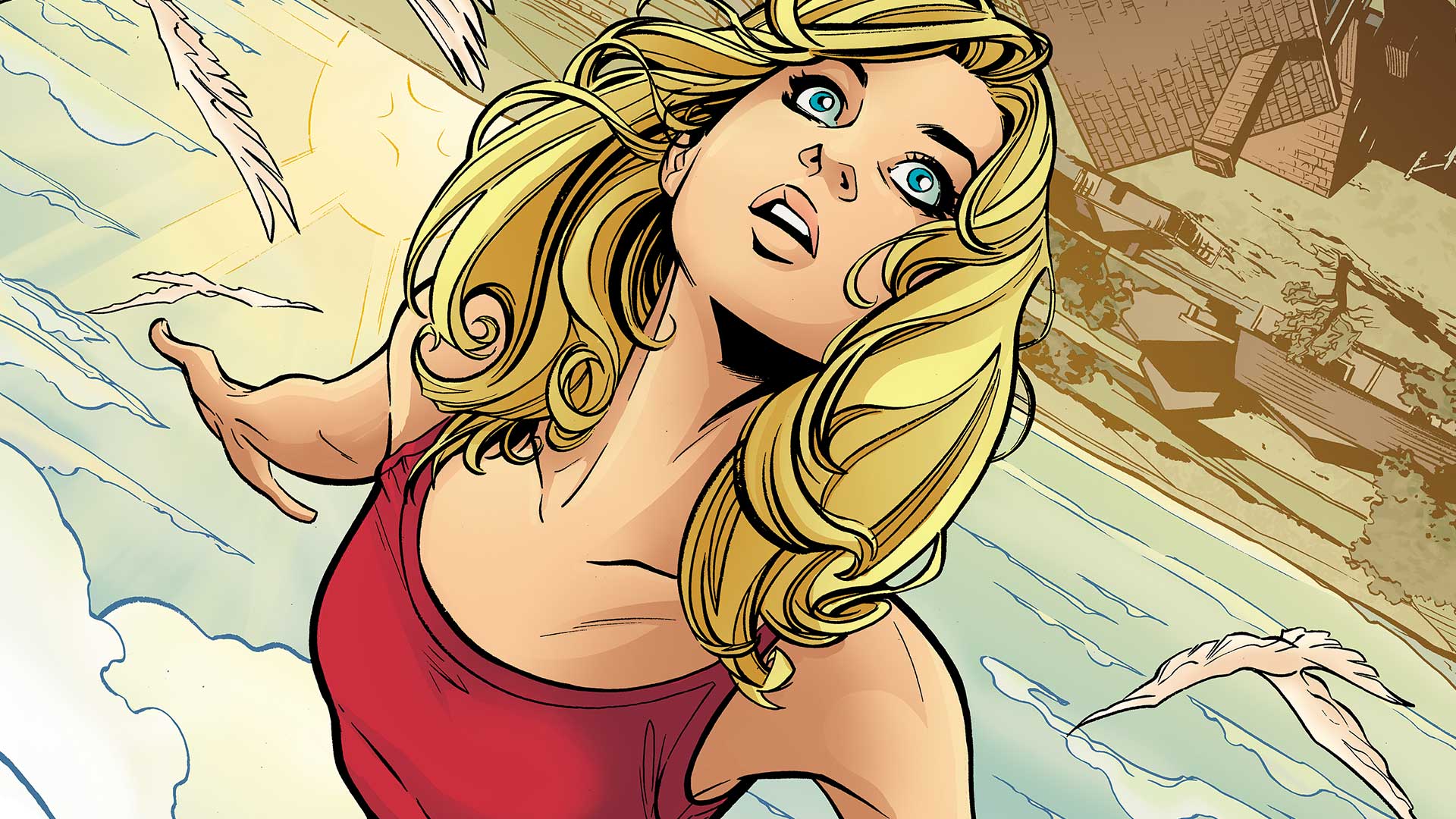
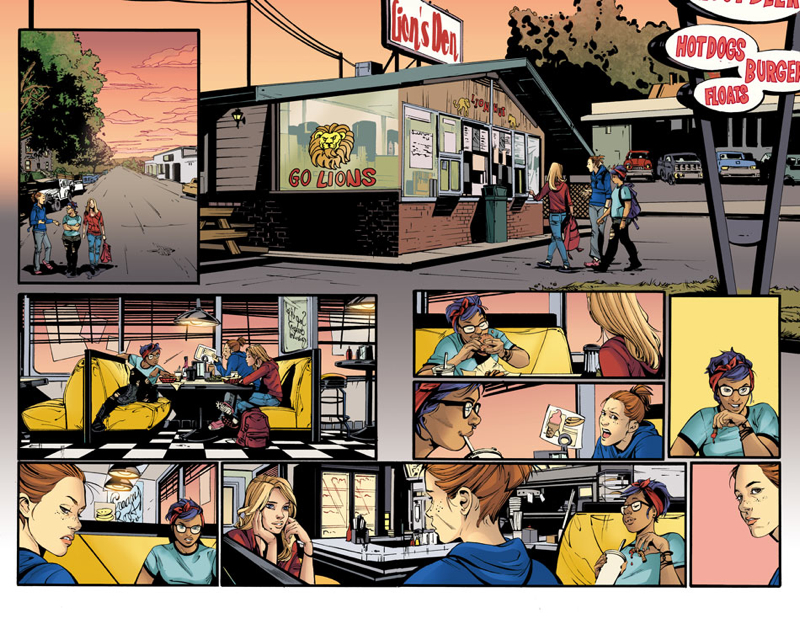
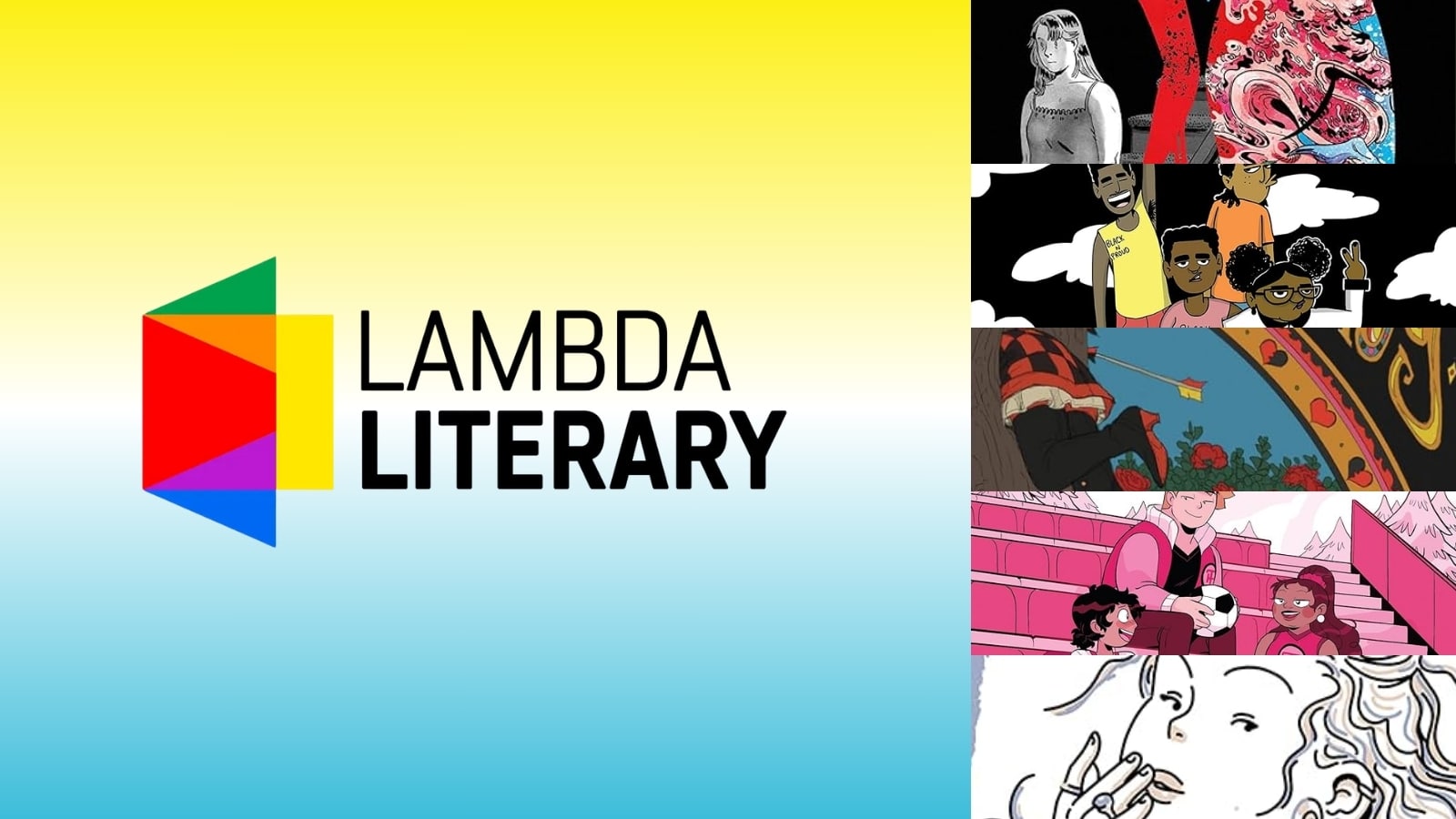
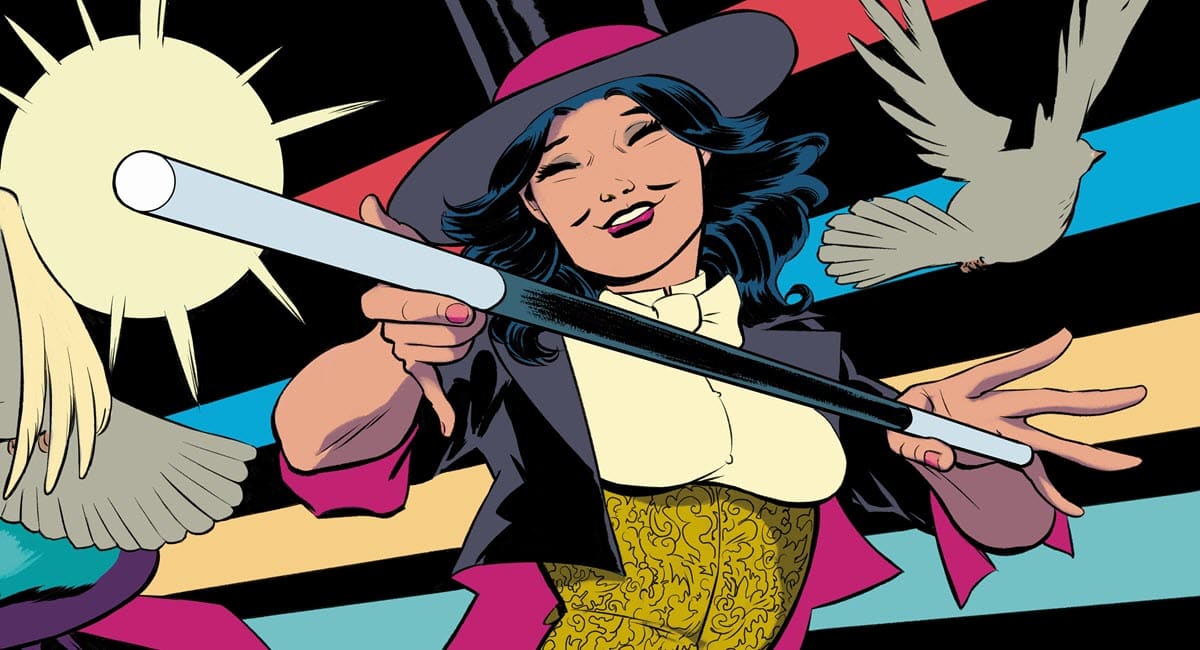
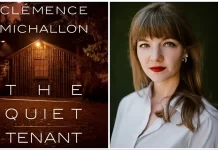



Near the end there is dialogue that suggests rather strongly that Kara is willing to kill. I can not think of a bigger violation to her character than that. Wtf is it with DC turning its nonlethal heroes into killers (especially on screen)? For Supergirl, not killing is a fundamental trait, yet, they still get it wrong. Mariko Tamaki should’ve known better, or her “editors” at least should definitely have known better.
Comments are closed.